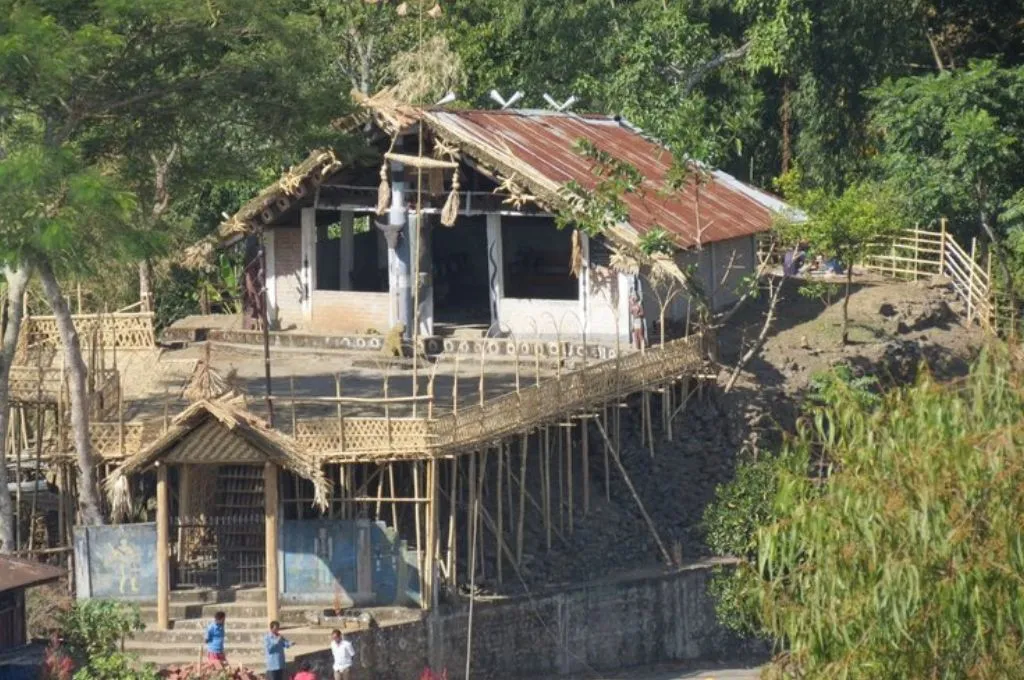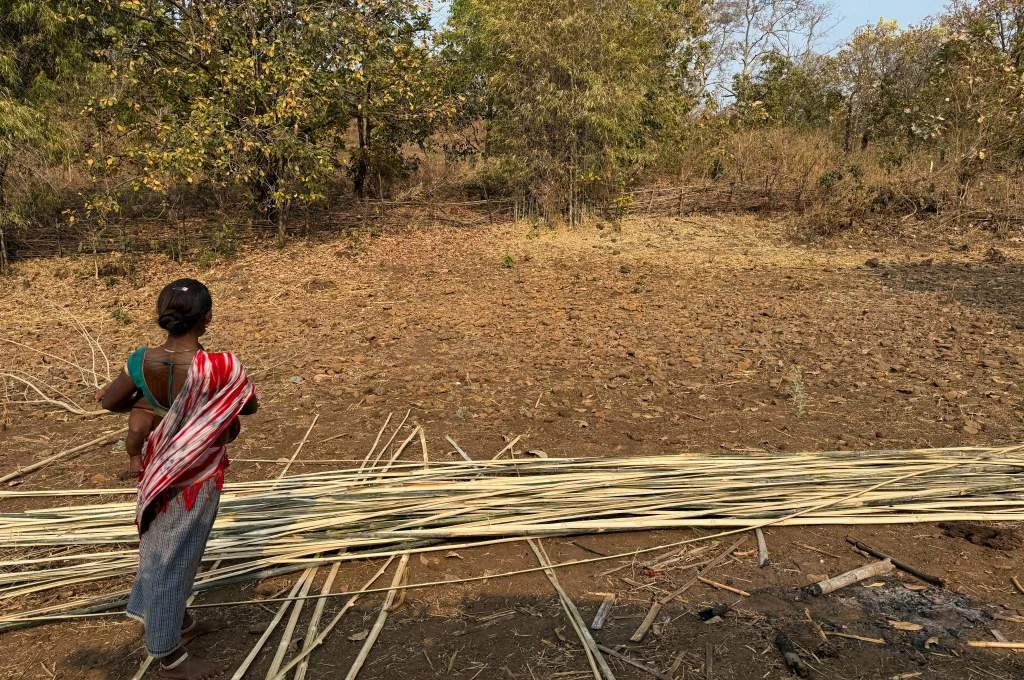The upper limit of compensation: Survivors of child sexual abuse
The Protection of Children from Sexual Offences (POCSO) Act, 2012, provides compensation to survivors of child sexual abuse (CSA), which helps pay for their rehabilitative needs. However, getting the compensation is a long process.
In states such as Delhi, once an FIR is filed, a victim impact assessment report is prepared by the investigating officer. This report helps the court grant adequate compensation. But the time elapsed between filing of the FIR and completion of the case can often span several years. In the meantime, the child survivor has to take care of their medical, educational, and sometimes even housing needs. This is why, under the act, a special court can also grant an interim compensation—which is 25 percent of the maximum compensation awardable—to the child survivors at any stage after the FIR has been registered.
As support persons in CSA cases, we worked with Rewati,* a survivor hailing from Delhi’s South district. The interim compensation initially granted to her was INR 30,000, which was deposited into her school account. However, her stepfather withdrew the entire sum. We stepped in five years after the case was registered and requested for an increased compensation of INR 2.62 lakh, which was granted by the court. But Rewati was still a minor and the only bank account in her name was the one opened by her school. This account had limitations on the maximum amount of money that could be deposited.
Rewati’s is one in a slew of cases with similar problems of misuse of funds by family members and banking issues for the children. In such situations, opening a minor account becomes necessary. But this requires the approval of a parent or a guardian, which can be difficult to acquire especially in instances of incest abuse.
In Rewati’s case, opening a bank account took a while, and she finally got her complete interim compensation at the age of 18, eight years after filing the FIR.
*Name changed to maintain confidentiality.
Shabana Parveen and Shivangi Goenka are lead social workers at Counsel to Secure Justice.
—
Know more: Learn why disability pension remains inaccessible to many in Delhi.
Do more: Connect with the authors at sgoenka@csjindia.org and sparveen@csjindia.org to learn more about and support their work.



